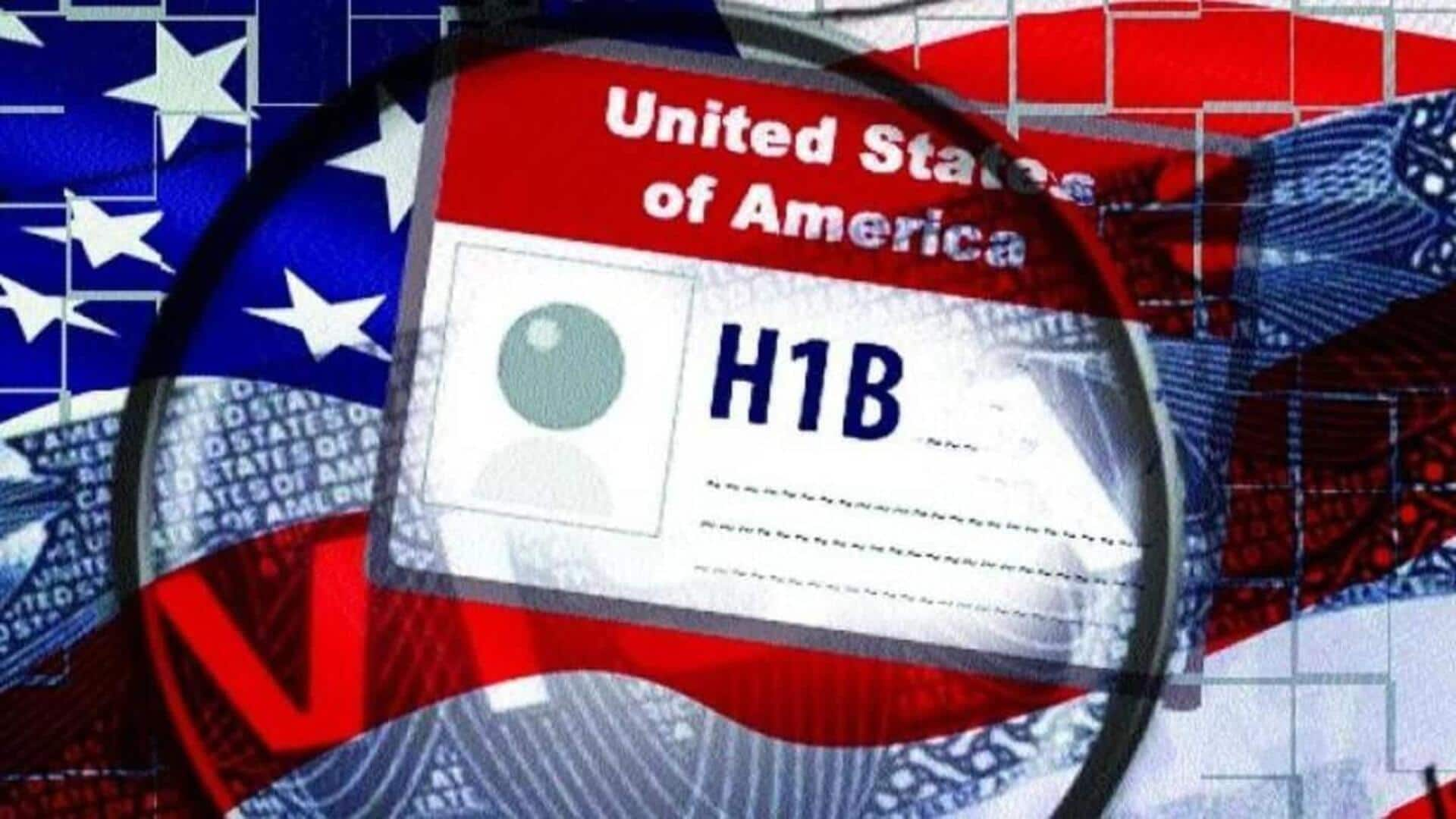
US firms accelerate shift to India amid Trump's visa restrictions
What's the story
US President Donald Trump's recent hike in H-1B visa application fees is pushing American companies to consider shifting more of their work to India, according to a Reuters report citing industry experts. The move is expected to accelerate the growth of Global Capability Centers (GCCs) in the country, which handle a range of operations from finance to research and development.
GCC growth
Over 1,700 GCCs in India
India, the world's fourth-largest economy, is home to over 1,700 GCCs—more than half of the global total. The country has evolved from being a tech support destination to a center of high-value innovation, ranging from drug discovery to designing luxury cars. This evolution is further fueled by trends such as rising artificial intelligence adoption and stricter visa regulations in the US.
Strategic shift
US firms reassessing workforce needs
Rohan Lobo, a partner and GCC industry leader at Deloitte India, said US firms are reassessing their workforce needs. He noted that "GCCs are uniquely positioned for this moment. They serve as a ready in-house engine." This strategic shift is already underway in sectors like financial services and tech, especially among companies with exposure to US federal contracts.
Policy changes
Visa application costs raised significantly
This month, Trump raised the cost of new H-1B visa applications significantly to $100,000 from the existing range of $2,000-$5,000. The move has added pressure on US firms that relied on skilled foreign workers to fill critical talent gaps. On Monday, US senators reintroduced a bill seeking to tighten rules on the H-1B and L-1 worker visa programs.
Work transfer
High-end work to be moved to GCCs in India
Industry experts expect US firms will move high-end work related to AI, product development, cybersecurity, and analytics to their GCCs in India. This is because they prefer keeping strategic functions in-house rather than outsourcing them. The recent changes have fueled discussions about moving high-value work to GCCs that many companies were already engaged in.
Offshoring trends
Extreme offshoring likely in some cases
Lalit Ahuja, founder and CEO of ANSR, which helped FedEx and Target set up their GCCs, said there is a "sense of urgency" in moving work to India. Ramkumar Ramamoorthy, a former MD at Cognizant India, added that this rush could lead to "extreme offshoring" in some cases. An executive from a retail GCC said either more roles will move to India or corporations will near-shore them to Mexico or Colombia.